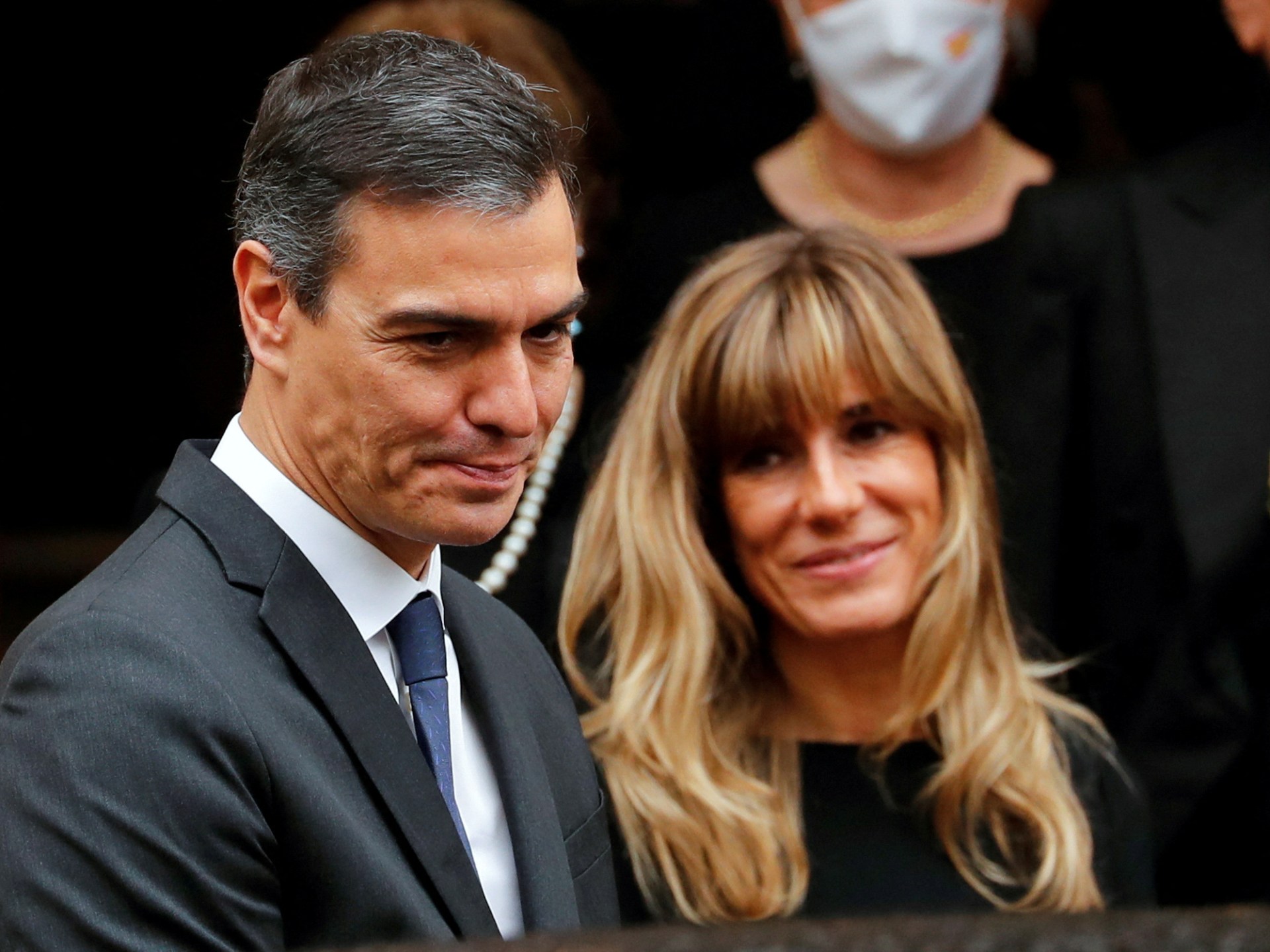Poland votes in most pivotal election since fall of the Berlin Wall
The campaign has been swathed in nationalism, with both sides staking out anti-migrant stances. Tusk has also sought to portray the vote as a referendum on democracy.
“The stakes are the highest possible,” Tusk — Poland’s prime minister from 2007 to 2014 and a former president of the European Council — told supporters on Friday.
Kaczynski, currently Poland’s deputy prime minister though long considered the country’s most powerful politician, reviles Tusk. Last week, he encouraged his countrymen to vote for continuity for “peaceful development and a safe future.”
Nearly 30 million Poles are eligible to vote in what was projected to be the highest turnout in years. At noon, the National Election Commission said turnout stood at 22.59 percent, higher than at the same time in 2019. Polls close at 9 p.m. Warsaw time, when generally reliable exit polls are set to be released. Especially if the vote is inclusive, it could take days or longer for a government to emerge and could lead to another vote next year.
Some analysts question whether Law and Justice would go peacefully if it loses or seek to challenge the results. It has already limited the independence of the National Electoral Commission and the Supreme Court, which would probably be involved in adjudicating a contested vote.
In what many analysts have criticized as a bid to stoke support for the ruling party, Poles are also being presented with four referendum questions. One asks whether “you support the admission of thousands of illegal immigrants from the Middle East and Africa.” The opposition has encouraged voters to boycott the referendum, but to do that, they must actively decline the referendum ballot — making their private voting preference known to poll workers.
The outcome is being especially watched in Washington, Brussels, Kyiv and Moscow, as Poland is central to the West’s response to the Russian invasion of Ukraine. It has equipped Ukraine with German-made Leopard 2 tanks and Polish MiG-29 fighters. It has also taken in millions of Ukrainian refugees since the start of the war.
But domestic politics have clouded that support. Last month, a dispute over the impact of Ukrainian grain exports on Polish farmers escalated to the point where Prime Minister Mateusz Morawiecki raised the prospect of an end to Polish arms shipments.
Law and Justice is leading most polls but could fall short of a governing majority, creating a window for the opposition. That has raised the prospect of a political agreement between Law and Justice and the even harder-right Confederation party, whose rock-concert-like rallies have drawn Poles disaffected with traditional parties and whose politicians have pushed anti-Ukrainian rhetoric.
Co-led by a social media star who once quipped, allegedly in jest, that his backers were against “Jews, homosexuals, abortion, taxation and the European Union,” Confederation witnessed an initial surge that cooled ahead of the vote, especially as Law and Justice adopted a less supportive line on Ukraine. But the party still appears poised to pass the threshold needed for its lawmakers to enter Parliament.
Any Law and Justice deal with Confederation would be more bad news for Ukraine, especially after Robert Fico, a pro-Russian politician from the far left with many positions that align with the far right, returned to power this month in neighboring Slovakia.
Confederation has maintained that it would not enter a coalition with any of Poland’s traditional parities, though analysts still see room for some form of political deal with the party or its individual lawmakers.
“That would be bad for Polish-Ukrainian relations and Poland’s support for Ukraine,” said Jacek Kucharczyk, president of the Warsaw-based Institute of Public Affairs.
In Poland’s complicated parliamentary system, political parties and alliances must pass a bar of 5 percent or 8 percent respectively to win seats in Parliament. If they don’t cross that threshold, those seats are distributed among other parties, with the largest vote winner seeing the biggest gains.
Given the polarized electorate, three smaller political forces — Confederation, the Left party and a center-right alliance known as the Third Way — appear key to the outcome. The Left and Third Way both appear more natural allies of Tusk, though Kaczynski could seek to pick off individual lawmakers, particularly from the agrarian Polish People’s Party that forms part of the Third Way alliance.
Check out our Latest News and Follow us at Facebook
Original Source







